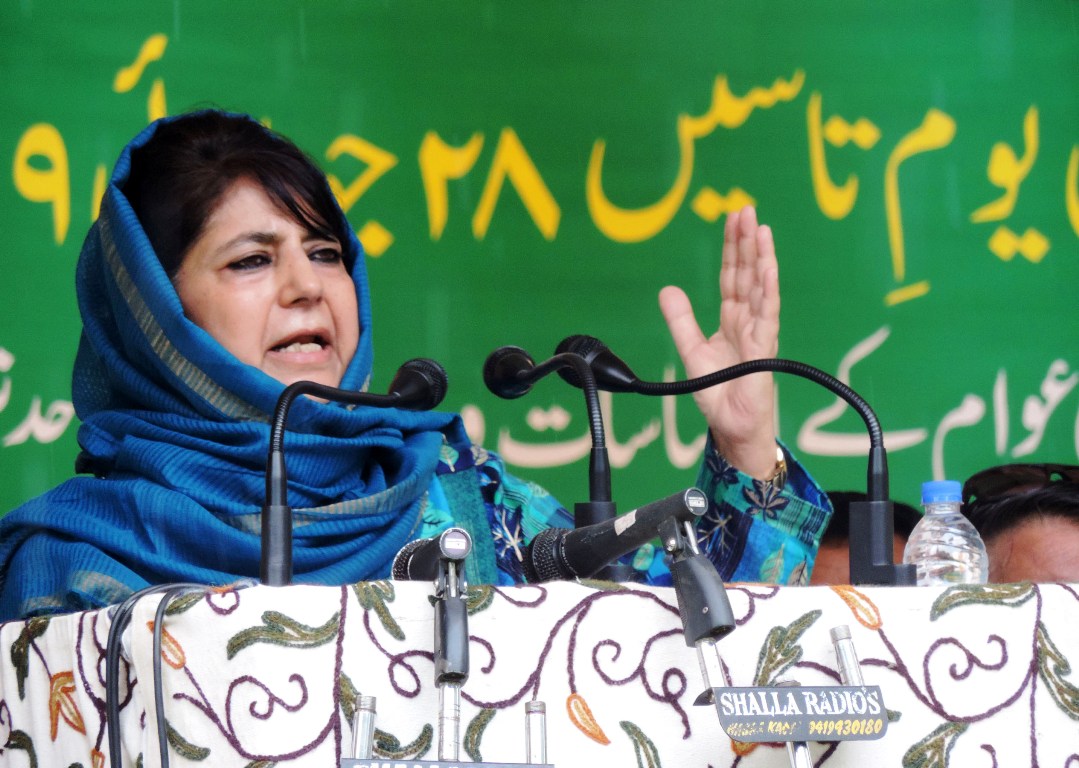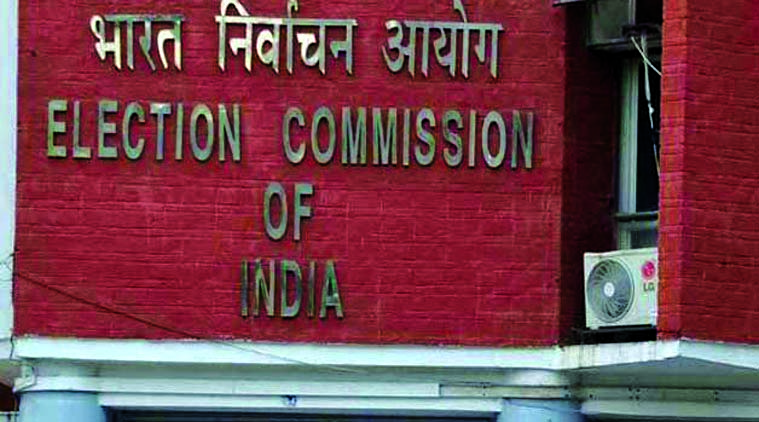by Beenish Basheer
Srinagar
Despite the installation of digital meters in three wheelers but they still remain non-functional with no check by the authorities.
The meters were installed after an order by the consumer affairs and public distribution department in the last civil government and then implemented by the last IGP traffic Basant Kumar Rath to ensure the customers are not cheated. But after IGP Rath was transferred from the department no one seems to be bothered about the metering issue.
“Every day I have to pay Rs 200 to travel from Lal Bazar to Lal Chowk. If I dare to ask any auto driver to start the meter and I will pay him as per meter it seems like I have abused him. Most often they refuse to board me in,” laments a teacher who is posted in the city centre.
The auto rickshaw drivers demand an increase of calibrated meter fares before the meters are rendered functional. The silencing of meters has led to the charging of discretionary fares by auto rickshaw drivers from the commuters.
The mechanical digital meters in auto-rickshaws have been set according to the fuel rates of 2014 which happened to be slightly more than 60 rupees per litre of petrol. However, the current price rate for petrol is presently at Rs 74.45/ litre, says a rickshaw driver.
“Every now and then, we were challaned by traffic cops for not going by the meters. Then we approached the government for reconsideration of fares owing to the hike in fuel prices, but our pleas have not been taken into consideration,” said Showkat Ahmad Kaloo, president of All Kashmir Auto Rickshaw Drivers Association.
“Once the plying fares are set by the government keeping in view the current fuel prices, the commuters will face no objections from the auto rickshaw community while plying through varied routes,” he added.
As per the rates fixed by the government in 2014, the fare for first two kilometres or base fare (fixed) is Rs 17, which increases by Rs 13 for every subsequent kilometre. However, the rates were increased by around 2 percent and 6 percent in 2017 and 2018 respectively. “Currently, we are charging more because the fuel prices have tremendously shot up since then,” Kaloo agreed.
He further said that the auto rickshaws in Kashmir run on a two-stroke engine, which means an extra cost considering the 2T or two-stroke oil.
Another regular auto customer said, “Whenever they (drivers) sense that a person is unaware of the distance, they overcharge, sometimes with double the amount. For this reason, metering of auto rickshaws can prove beneficial.”
According to Kaloo, 85 percent of the auto rickshaws have been installed with meters. However, Controller Legal Metrology, Jammu and Kashmir Ali Afsar Khan had no idea about the number of auto rickshaws installed with the digital meters. “We are yet to receive confirmation from the Transport Commissioner about the total number of registered vehicles in Kashmir which is necessary to confirm the percentage of digitally metered auto rickshaws; he isn’t responding.”
But SP Vaid, transport commissioner, J&K, says there was a need to provide the availability of alternatives to auto rickshaws as “every now and then, auto rickshaw drivers come up with the issue of revising fares owing to change in petrol and diesel prices.”
“Since, there is no common agreement on the usage of meters by auto rickshaw drivers, despite punishments for violation of norms; we have sent a proposal to the government that includes the introduction of Ola, Uber (cab aggregators). Auto rickshaws will be a part of aggregators under Ola and Uber. This will eliminate the competition by lowering prices. We are awaiting its (proposal) approval.”















